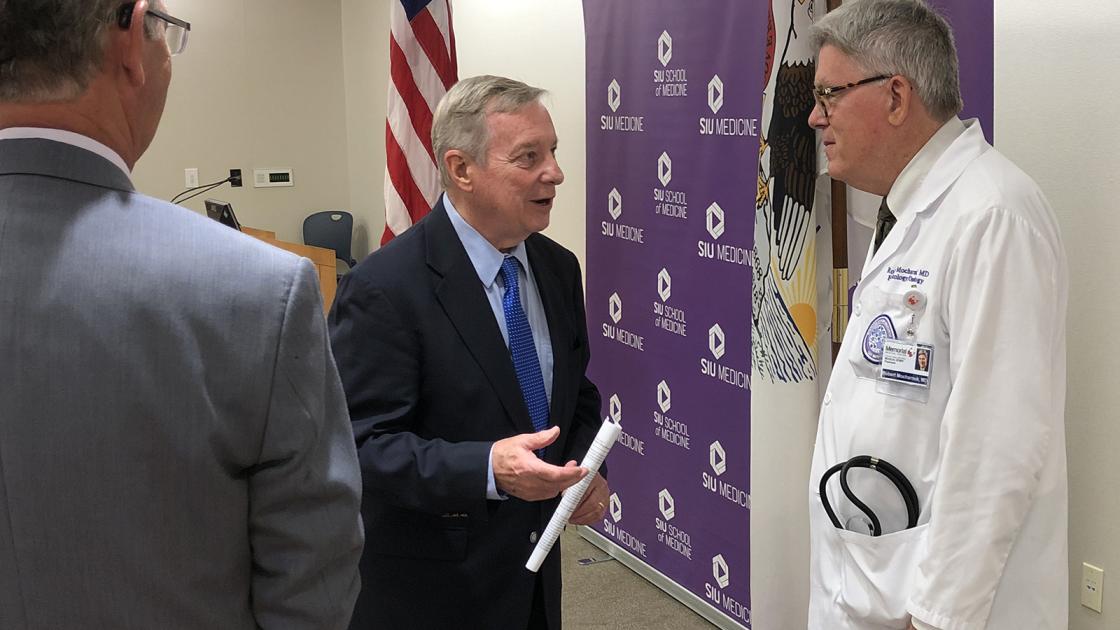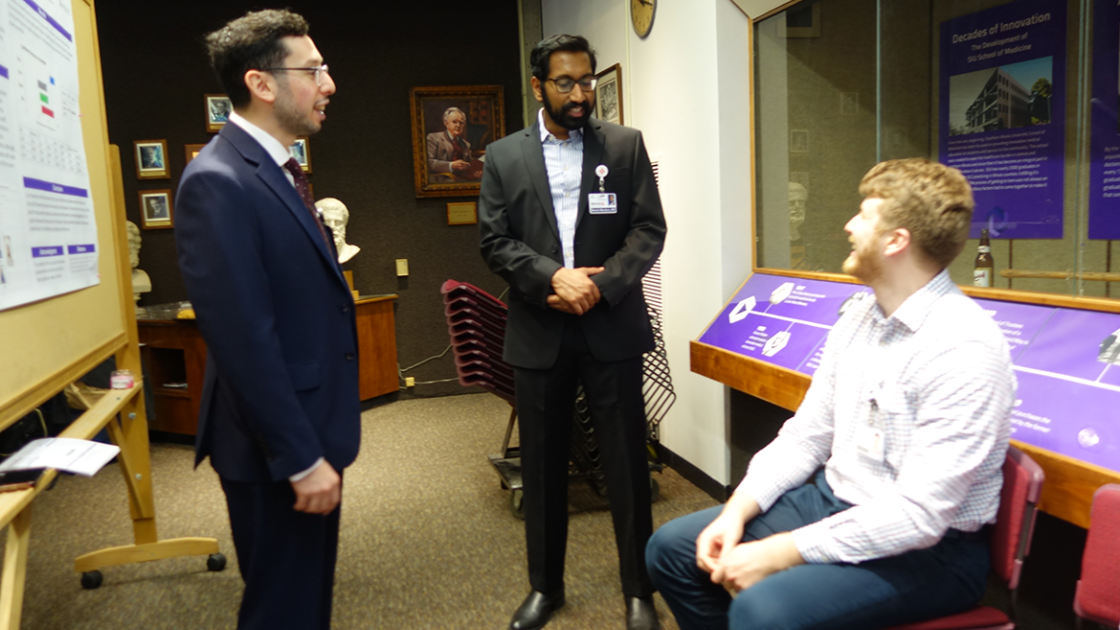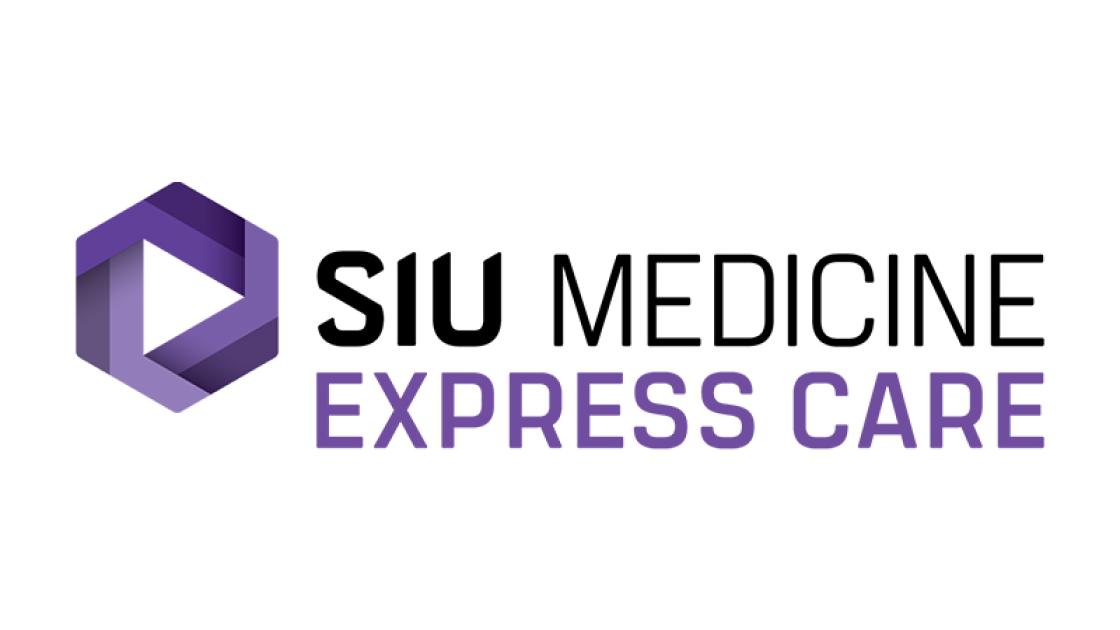
Durbin visits Simmons Cancer Institute to discuss nationwide shortage of cancer drugs
July 5, 2023
SPRINGFIELD, IL
U.S. Senator Dick Durbin (D-IL), Chair of the Senate Judiciary Committee, today held a news conference at the Simmons Cancer Institute at SIU Medicine to discuss the shortage of life-saving drugs for cancer patients. Last month, Durbin urged the Food and Drug Administration (FDA) to use the Agency’s authority to immediately address the ongoing shortage as it threatens the lives of patients nationwide. FDA has since agreed to import one of the drugs for which U.S. hospitals are seeing a shortage, but widespread problems with the drug and medical supply chain remain.
“Drug shortages have devastating impacts on the lives of those who desperately need them,” said Durbin. “It’s time we confront this complex problem head on and ensure a resilient drug supply chain, promote market competition, and prioritize patients’ well-being above all else so that no more cancer patients are left without treatment options.”
“We need to view these medical supply shortages within the pharmaceutical markets as a bellwether, a warning sign for how fragile the overseas manufacturing system has become,” said Dr. Robert Mocharnuk, Oncologist, Simmons Cancer Institute at SIU School of Medicine. “A limited manufacturing capacity means fewer options for patients. Without the proper – and most popular – chemotherapy medications, we are losing some proven defenses in our treatment arsenal. And our patients can lose hope. We are committed to working with Senator Durbin and others to make sure that hope is on the way.”
Two of the most critical cancer drugs currently in shortage are cisplatin and carboplatin. An FDA inspection of a manufacturing facility in India found quality control issues with cisplatin production. With production halted, doctors turned to carboplatin, which created a surge in demand that led to a shortage of that chemotherapy drug. Patients and providers nationwide have reported difficulty in obtaining these drugs—leading to delayed or denied care for cancer patients.
This shortage is particularly problematic for people facing a cancer diagnosis given that in most cases, there are no alternative treatment options available for patients. While cisplatin and carboplatin are front-line medications that successfully treat hundreds of thousands of U.S. cancer patients every year, problems at a single facility in India have caused major disruptions in the supply chain. With limited supplies, doctors are faced with difficult decisions to ration care only for their sickest patients. According to a 2020 study published in the British Medical Journal, every month delayed in cancer treatment can raise the risk of death by approximately 10 percent.
In addition to an over-reliance on foreign manufacturing—roughly 80 percent of all ingredients and raw materials going into generic prescription drugs come from China or India—there are other systemic reasons for drug shortages. Pharmaceutical companies do not make huge profits on older generic drugs. Thus, given limited profit margins, they either exit the market entirely or are unable to invest in newer equipment, processes, or management practices that could prevent quality-related manufacturing breakdowns that lead to shortages of critical drugs.
In the 2020 Coronavirus Aid, Relief, and Economic Security (CARES) Act, Durbin authored a bipartisan provision directing the National Academies to examine the dependence on foreign sources for drug manufacturing. The resulting report recommended an intentional blend of stockpiles, domestic manufacturing capacity, and overlapping sources from overseas for diversification.
The CARES Act also provided FDA with new authorities to enhance its visibility to prevent and mitigate shortages—including:
• prioritized FDA review period for applications of generic drugs in shortage;
• required manufacturers to notify FDA of interruptions to their supply chain; and
• established a risk management system for drug manufacturing
Additionally, the Fiscal Year 2023 (FY23) omnibus appropriations bill, which passed in December 2022, included Durbin’s bipartisan legislation to strengthen domestic manufacturing and supply chain readiness by enabling the Strategic National Stockpile to consistently sell into the commercial market and replenish supplies—which would both maintain fresh supply and foster market demand.
Contact: Emily Potoma, 312-848-4484
VIEW PHOTOS FROM THE EVENT



